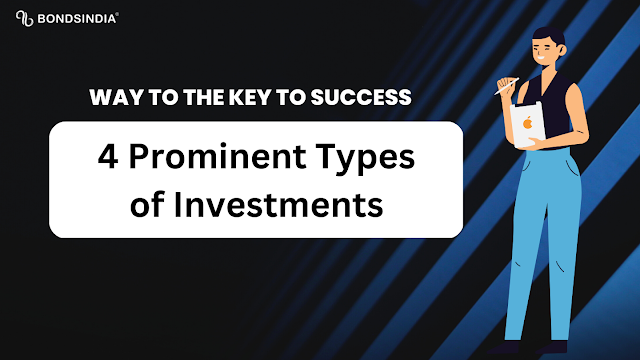How Interest Rates Affect Corporate Bond Investments
.jpg)
Are you curious about how interest rates can impact your corporate bond investments? Whether you're a seasoned investor or new to the world of finance, understanding the role that interest rates play in shaping investment decisions is crucial. With a complex web of factors at work, including inflation expectations and central bank policies, it can be challenging to know where to start. In this blog post, we'll delve into everything you need to know about how interest rates affect corporate bond investments – from predicting market trends to making sound financial choices. So sit back and get ready for an enlightening read! Introduction to Corporate Bond Interest Rates As with any other type of bonds , the interest rate on a corporate bond is determined by the market. That said, there are a few factors that tend to influence corporate bond interest rates. For one, corporate bonds tend to have higher interest rates than government bonds because they’re considered to be more risky...
.png)


